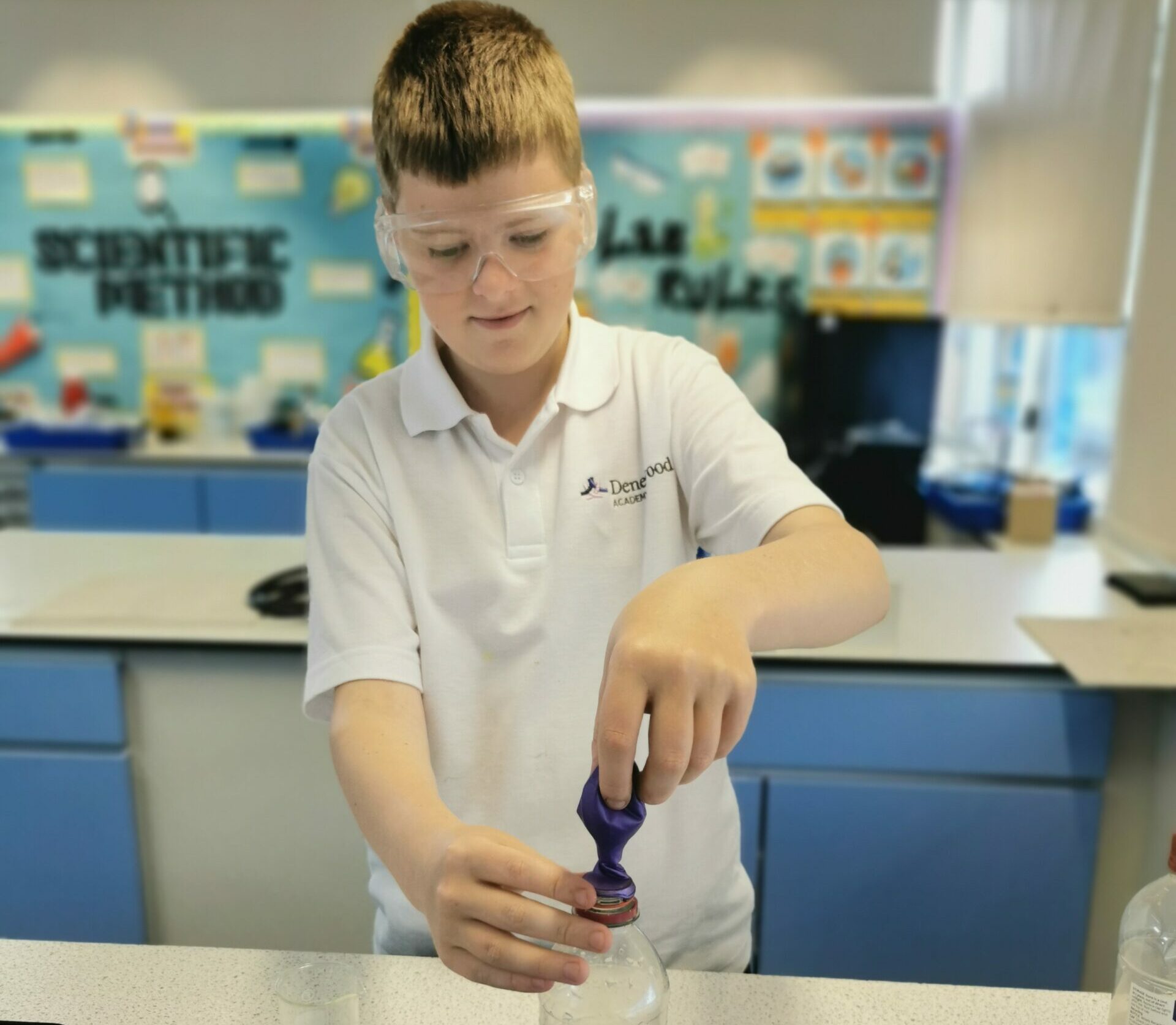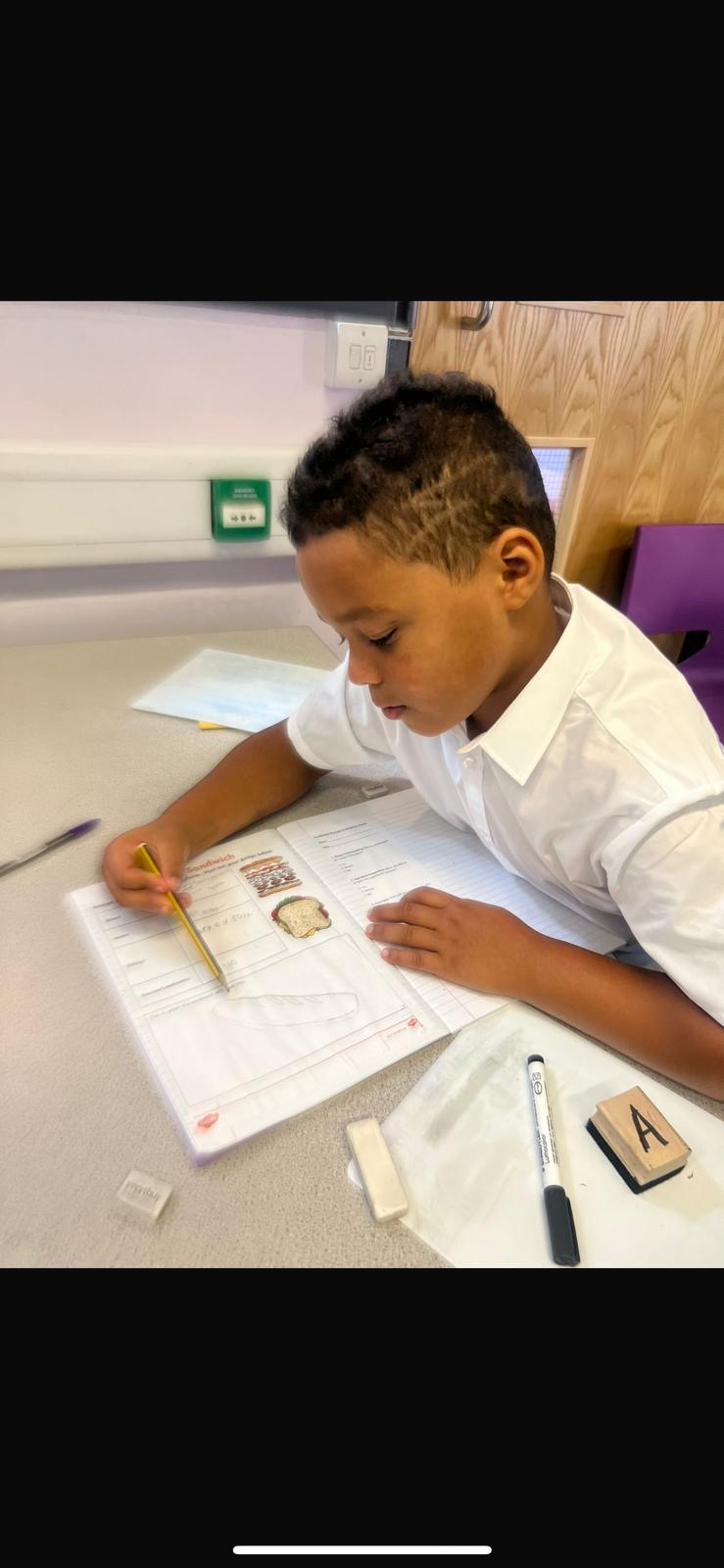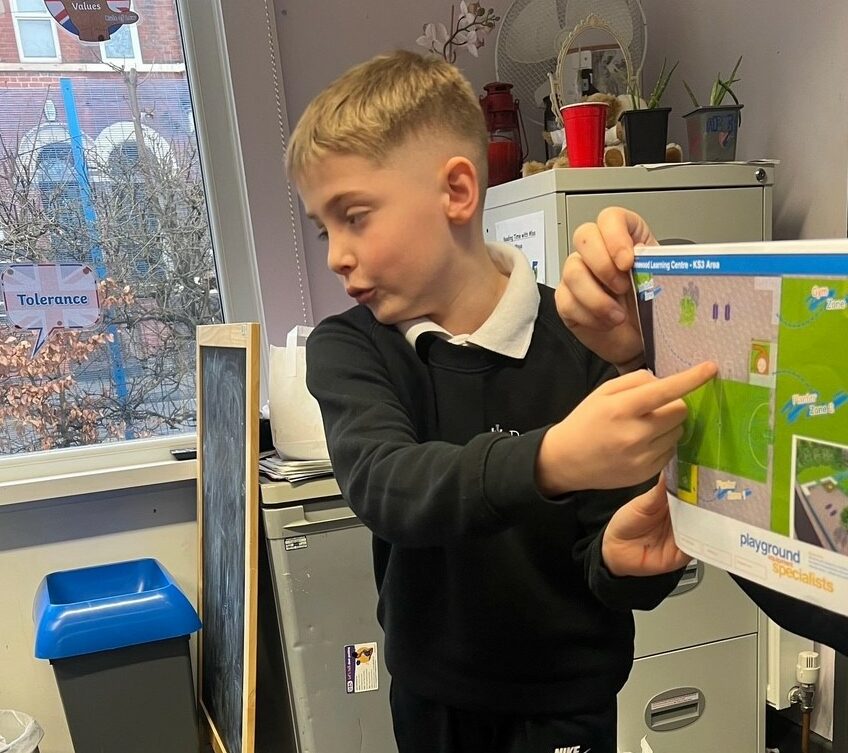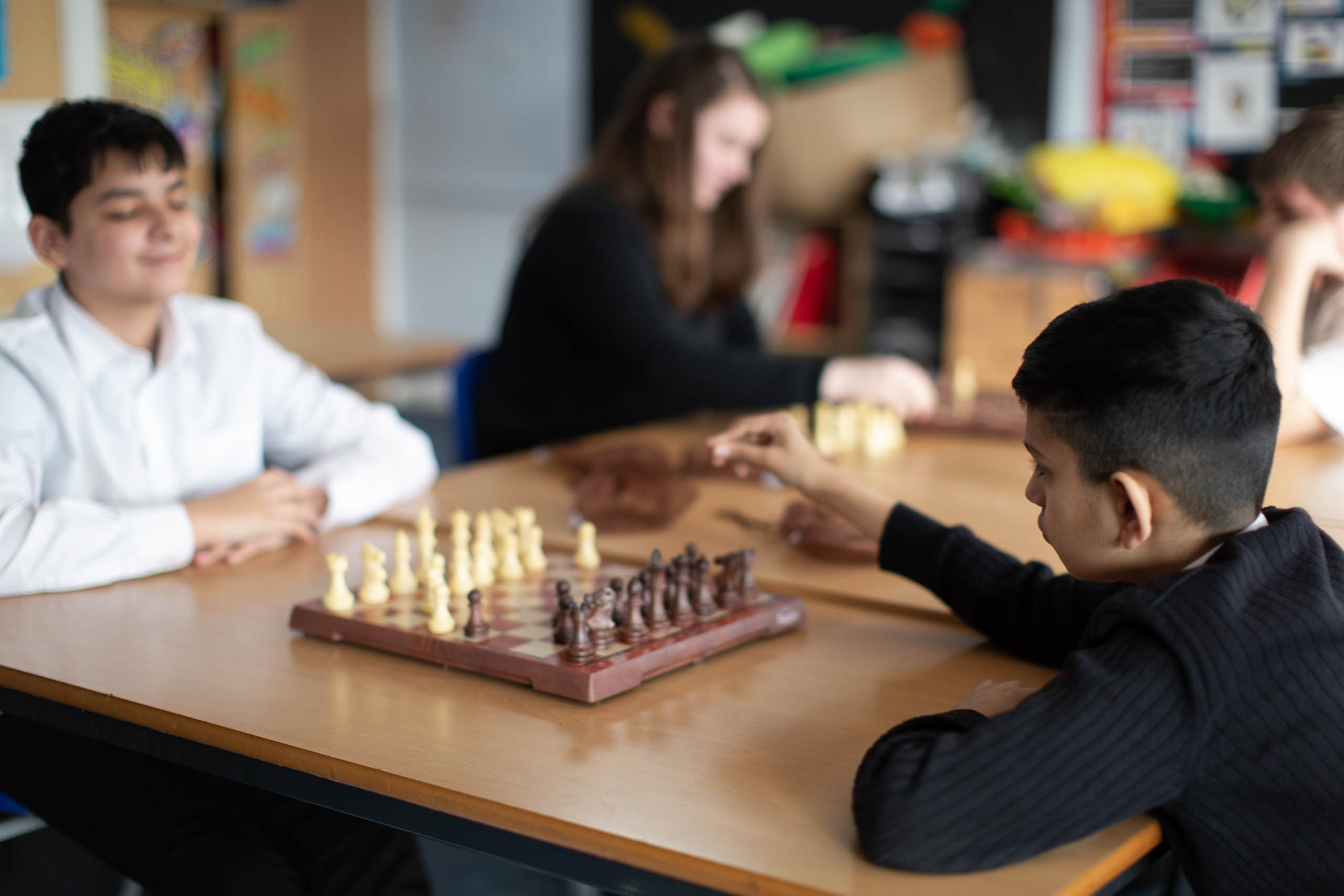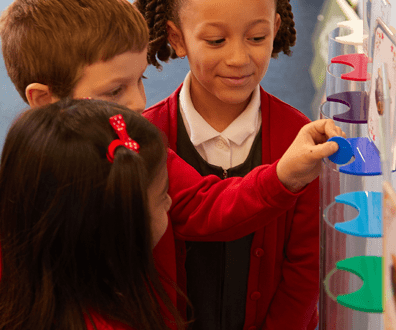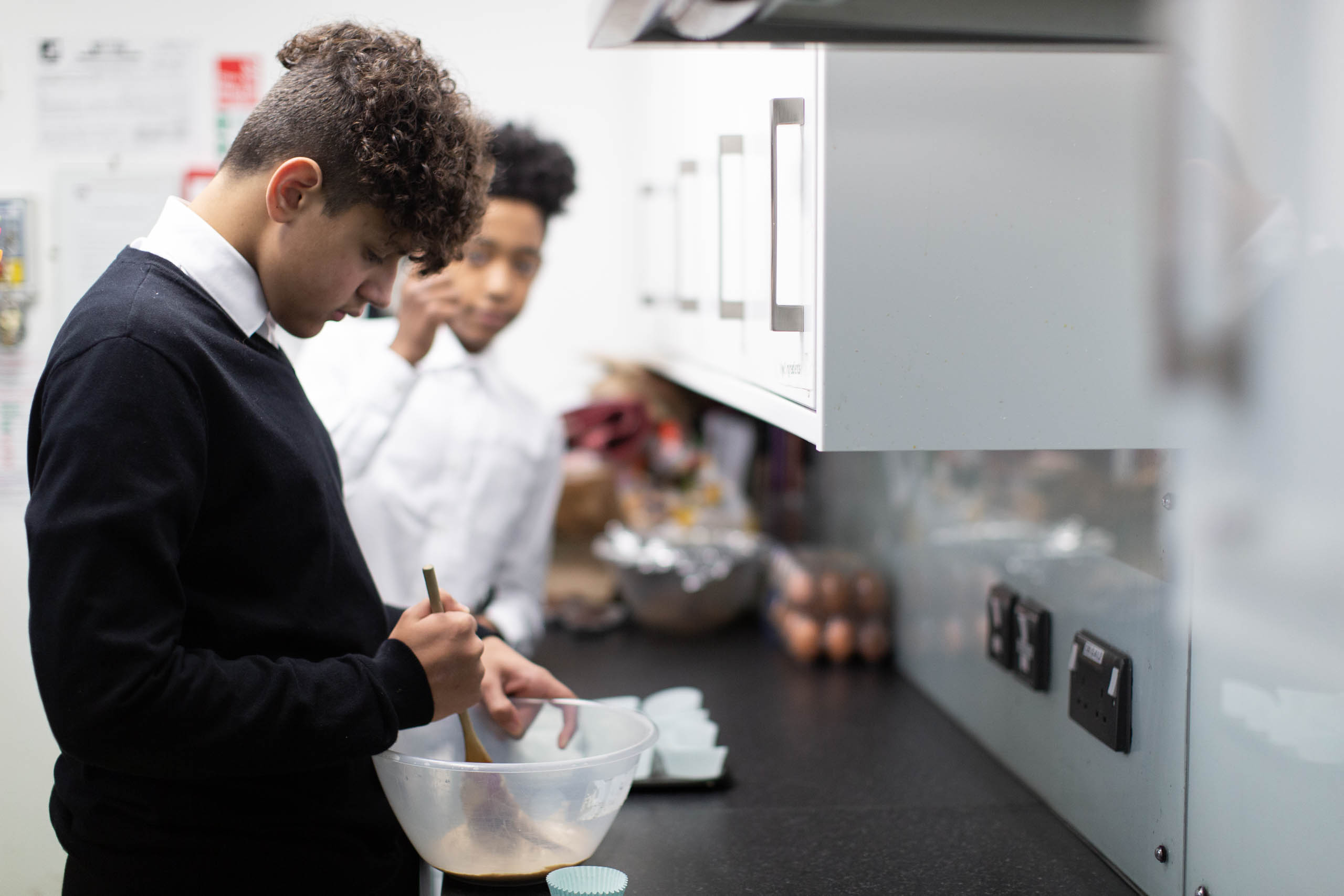
Relationships and Positive Behaviour
Denewood Academy has adopted the Raleigh Education Trust Six Behaviour Principles:
- The whole school is unified in a collective ambition to keep our children safe.
- We recognise all behaviour as a form of communication.
- The whole team embody a consistent approach that is flexible and responsive to unique children.
- The school community maintains high standards through even higher levels of support.
- We are mindful that past and present social, emotional, academic and environmental factors influence our children every day and in every way.
- We approach rewarding positive behaviour as the practice that recognises improvement relative to each individual’s starting point.
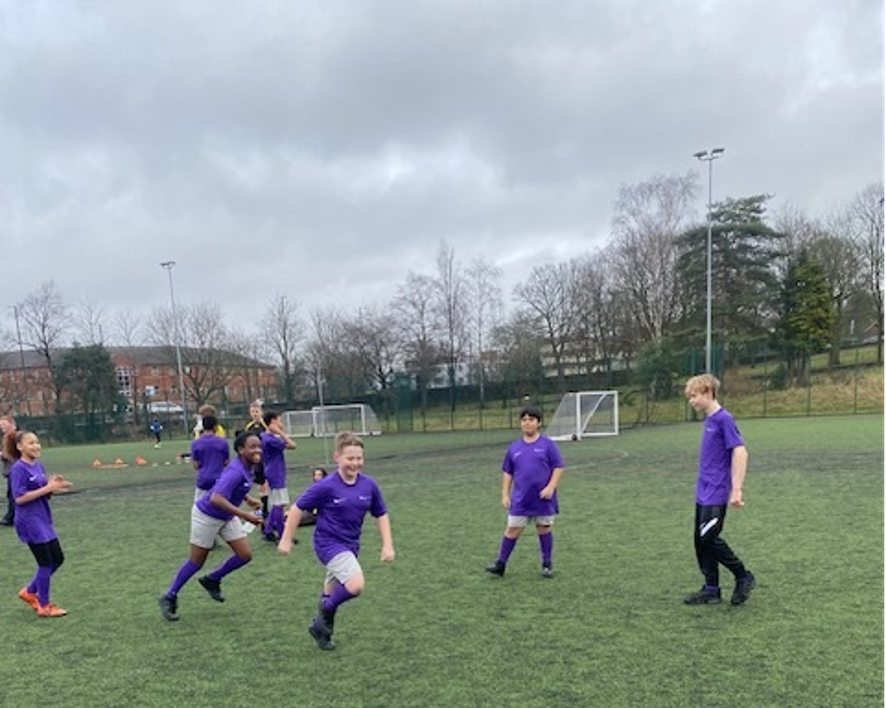
These principles underpin the academy’s Golden Rules for behaviour we wish all our pupils and staff to experience daily.
- We walk around school calmly.
- We are kind & respectful to everyone.
- We are in the right place at the right time.

How the academy celebrates with us when we get things right
Although not exhaustive, the academy will recognise and celebrate positive behaviour through:
- Celebrate learning in weekly assemblies
- Celebrate attendance in termly assemblies and with my parent/carer
- Praise us for meeting high expectations
- Class Dojo points
- Certificates
- Weekly communication with home
- Reward trips/experiences
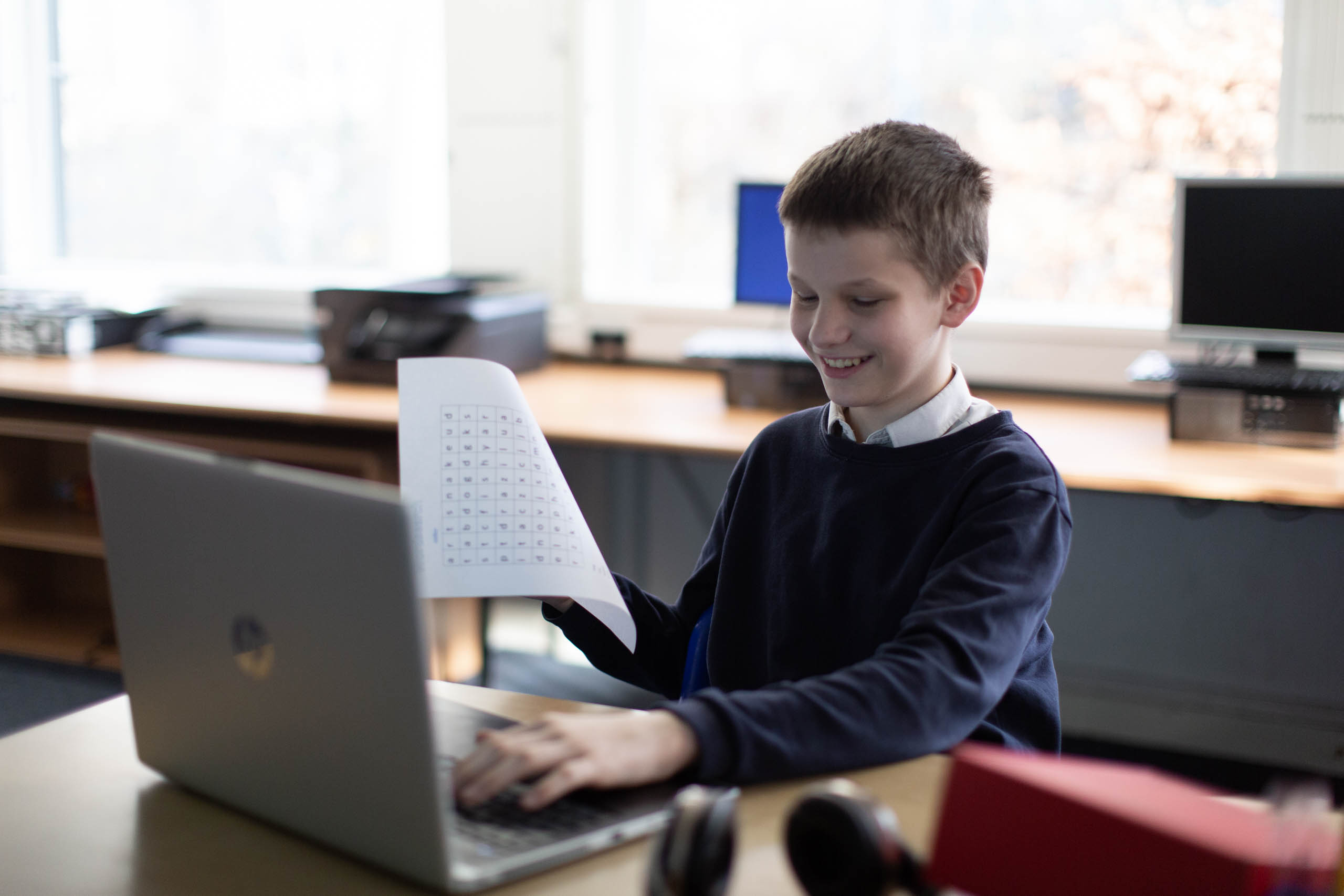
How the academy helps us learn when things do not go well
There will be occasions when a pupil will display behaviour that is not aligned with our Golden Rules and therefore must be appropriately challenged. Although not exhaustive, the academy will use the following learning/reflective opportunities:
- Logical consequences – this may include catching up on any missed learning, helping to repair damage to property, an apology etc
- Restorative practice – Listening to others to understand their point of view and how they feel
- Reflection time
The restorative five questions:-
- What happened?
- What were you thinking at the time?
- How did this make people feel?
- How have you been affected?
- How can we do things differently in the future?
How all adults in school support us to get things right
They consistently remind us:-
- I can walk away
- I can make the right choices
- I am in control of myself
- I can take responsibility for my actions
- I have a bigger goal than this fight
- I am surrounded by people who care and want the best for me.
- Staff use W.I.N:
- I’m wondering if…you are able to tell me what you are feeling?
- I imagine that…(show understanding and empathy)
- I notice that…(verbalise what emotions you can see)



